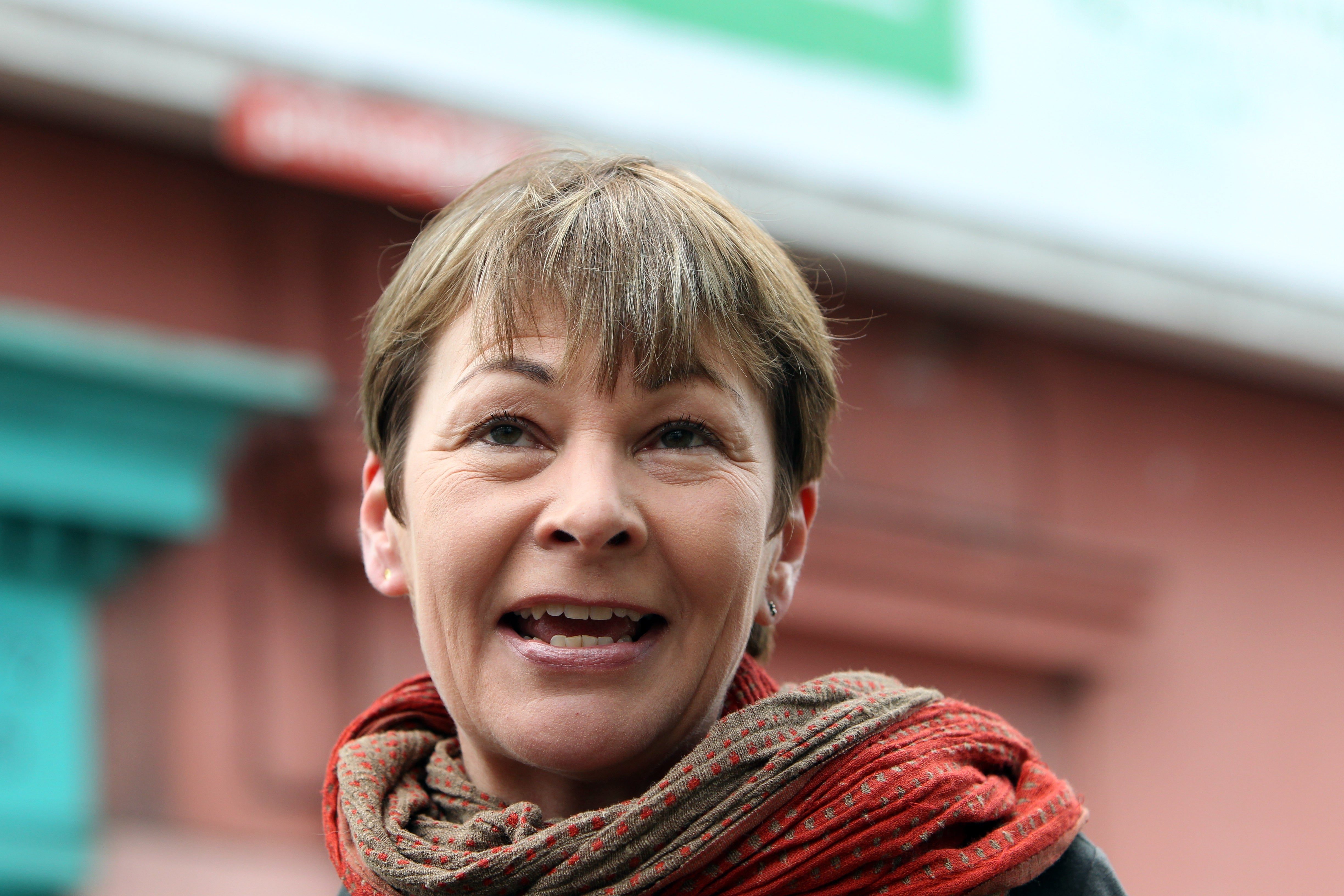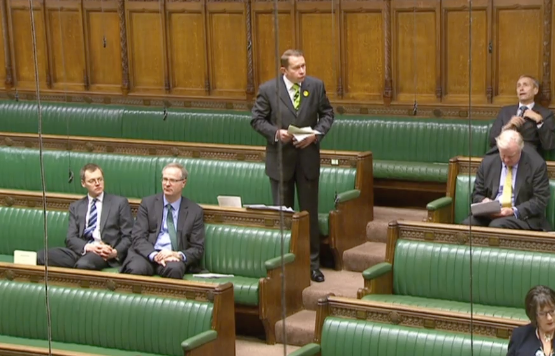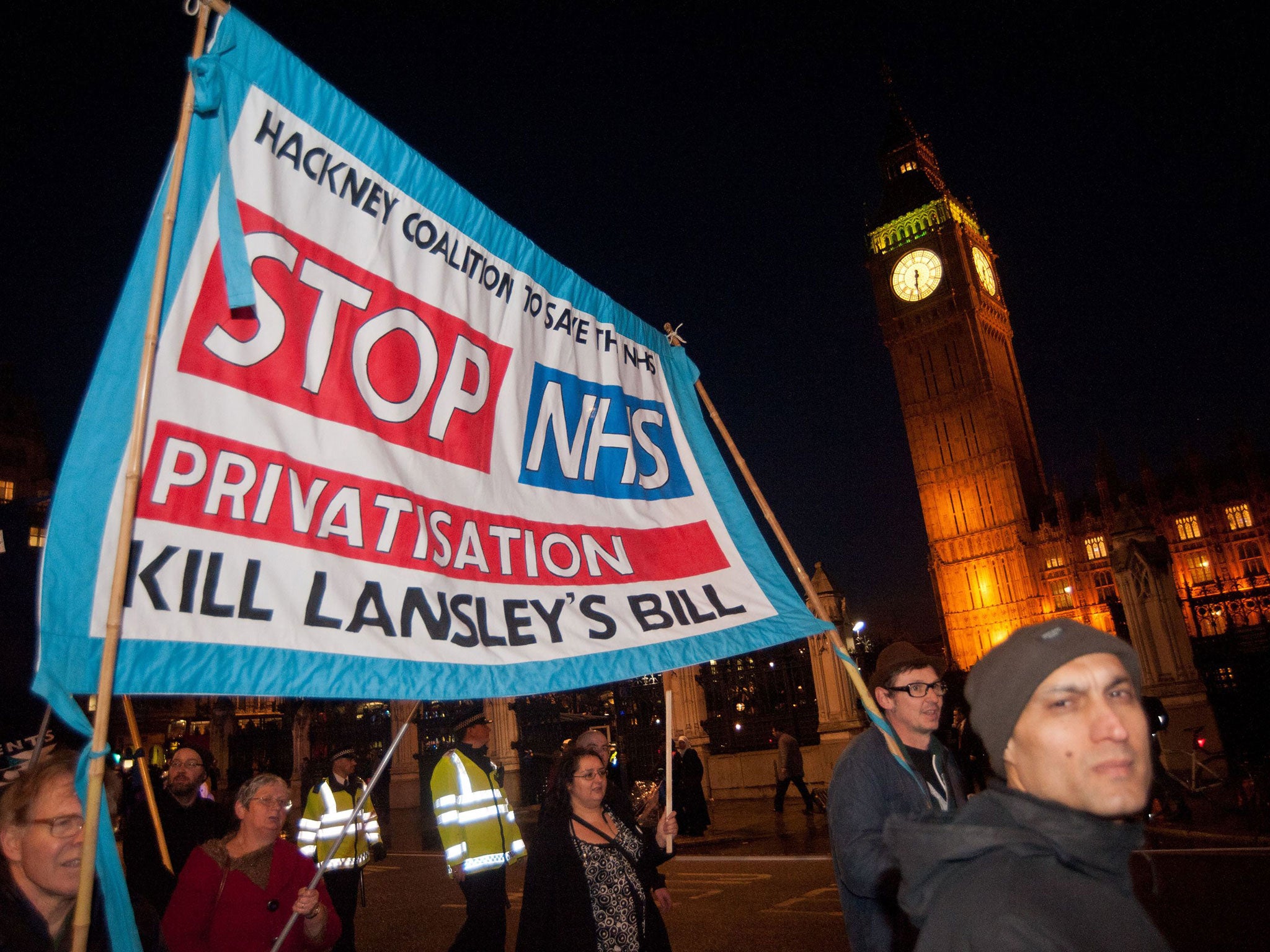Your support helps us to tell the story
From reproductive rights to climate change to Big Tech, The Independent is on the ground when the story is developing. Whether it's investigating the financials of Elon Musk's pro-Trump PAC or producing our latest documentary, 'The A Word', which shines a light on the American women fighting for reproductive rights, we know how important it is to parse out the facts from the messaging.
At such a critical moment in US history, we need reporters on the ground. Your donation allows us to keep sending journalists to speak to both sides of the story.
The Independent is trusted by Americans across the entire political spectrum. And unlike many other quality news outlets, we choose not to lock Americans out of our reporting and analysis with paywalls. We believe quality journalism should be available to everyone, paid for by those who can afford it.
Your support makes all the difference.Backbench Conservative MPs have blocked plans for a debate and vote on a bill to reverse private sector involvement in the NHS.
Green MP Caroline Lucas had sponsored the so-called NHS Reinstatement Bill, which campaigners say would roll back the health service’s “internal market”, end contracting, and return the NHS to purely public provision.
The Bill is backed by Labour leader Jeremy Corbyn and shadow chancellor John McDonnell in a private capacity, as well as by the SNP.
However despite scheduling on Friday the Bill did not receive a full debate because backbench Conservative MPs discussing a short bill to deport foreign criminals – which had already been debated before – used up available parliamentary time by talking for four and a half hours.
The Foreign National Offenders (Exclusion from the UK) Bill has only two clauses and would “make provision to exclude from the UK foreign nationals found guilty of a criminal offence committed in the UK.”
That Bill has already been introduced to the House in a previous session and withdrawn after it met opposition.
Ms Lucas raised a point of order an hour before the end of the discussion on deportation, arguing that the MPs were taking too long.
“Madame Deputy Speaker, is it within your power to suggest to the opposite benches that they do begin to bring their comments to a close?” she asked

“They have now been debating for three and a half hours on a two-clause Bill, a bill that was actually already debated last year and then withdrawn from the floor of the House.
“I think it does risk bringing this house into disrepute – there are so many people who want us to get onto the next business, the NHS, it is very important and I do think them talking for so long simply isn’t courteous – either to the rest of the House or to the people outside this building who want to see what’s going on.”
The Deputy Speaker replied: “She knows the answer to the questions she has put … I think she is voicing the frustrations that many honourable members have had on Fridays for private members’ bills.”
Tory MPs who spoke at length on the deportation bill included Philip Hollobone, Sir Edward Leigh, Philip Davies, David Nuttal.

Tory backbenchers regularly “talk out” backbench legislation they do not like. Mr Davies has argued that such legislation can be badly designed.
He suggested that Ms Lucas moved a “cloture” motion to end the debate. These motions are difficult to bring on Fridays as they require large numbers of MPs, many of whom have returned to their constituencies.
After the conclusion of proceedings Ms Lucas tweeted: “Just tried – without success – to stop Tory backbench filibuster.
“Parliamentary process needs radical change – makes mockery of this place.”
Other bills that have been blocked by filibustering backbenchers since the election include one to remove hospital car parking charges for carers, one to ensure in law that rented homes are “fit for human habitation”, and one to mandate that children are trained in first aid at school.
Campaigners on a number of issues have recently called for Friday sessions – where private members’ bill put by backbenchers are discussed – to be reformed.
A petition calling for changes to the way MPs can “filibuster” bills has gained over 33,000 signatures. If the petition reached 100,000 signatures it will be considered for debate in Parliament.
In a response to the petition, the Government said: “Procedure within the chamber is a matter for the House of Commons authorities and the Speaker or Deputy Speaker chairing the debate.”

Join our commenting forum
Join thought-provoking conversations, follow other Independent readers and see their replies
Comments